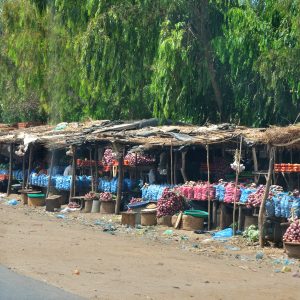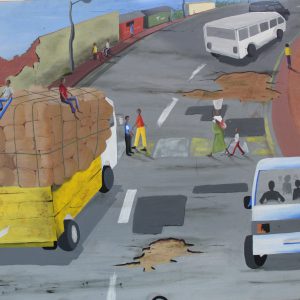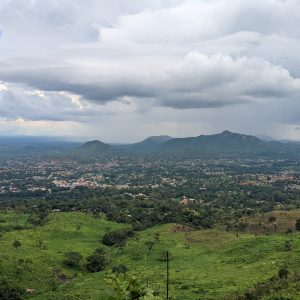Thoughts and perspectives concerning road traffic collision research.
Authored by research fellow Dr. Hannah Hale
I am a relatively new member of the Chitetezo project team. A multi-faceted, arts-mediated, rights-based advocacy intervention designed to decrease the road traffic accidents in Malawi, this project has introduced me to a lot. And with no background in research on road traffic accidents, I’ve been ‘learning the ropes’ and hosted numerous likely naïve thoughts and perspectives on the concern. 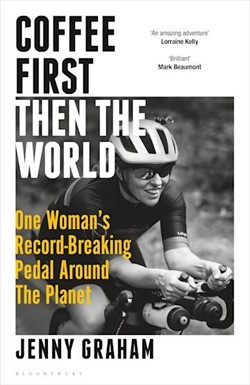
One such pondering that I felt the urge to write about came as I was reading a book that is seemingly unrelated to the topic. A chapter had me thinking about the inclination for people to behave quite differently when driving. It’s a brilliant book by Jenny Graham (“Coffee First Then the World”). She circumnavigated the world by bicycle in a record fast time for women. One experience that she recounted really struck me. Jenny was cycling on a big, fast road in China. Large foreboding lorries passed so close to her at an incredible speed with the drivers beeping and cursing. Each time, Jenny had no choice but to throw herself and her bike onto the verge. She felt aghast at how the drivers behaved: aggressive, angry, impatient. Yet even more surprising was meeting the very same drivers in service stations. Outside of their vehicles, they were kind, warm, generous and delighted to meet Jenny, welcoming this brave woman who had chosen to cycle through their country.
So, what was happening? Jenny experienced remarkable contrasts and transformations in attitude when with the drivers in person. Possible answers to this question had me relating this to our Chitetezo project. We’re using a range of methods to try to find out where in the district of Blantyre, road collisions are occurring and when. We’re using arts and creative practices to try to empower children to recount their experiences of interacting with traffic and offer their thoughts on what could make a positive difference.
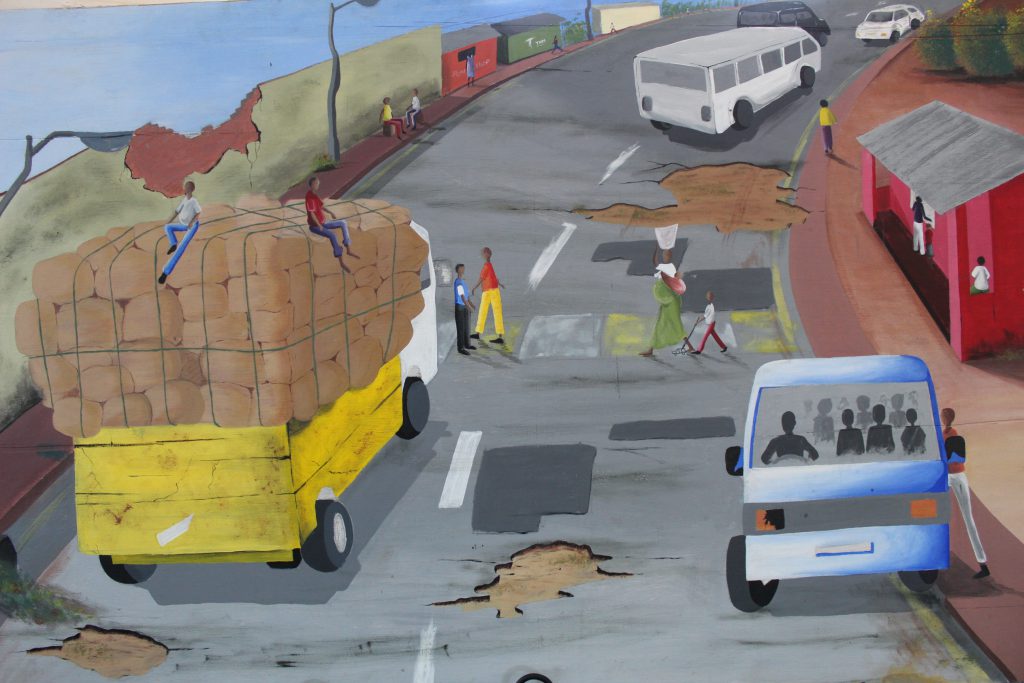 But will we get closer to the ‘why’? A whole myriad of factors can contribute to road collisions. I do wonder in particular about the implications of a driver’s behaviour when behind the wheel. Jenny Graham experienced some hazardous situations almost entirely because of the contrast in the driver’s attitude to others while driving. She cycled around the world. Her worst experience of this was when she was in this part of China. The cultural context plays a really important role. Just at the early stages of data collection, I’m really interested to get a sense of what comes through in our data with this in mind.
But will we get closer to the ‘why’? A whole myriad of factors can contribute to road collisions. I do wonder in particular about the implications of a driver’s behaviour when behind the wheel. Jenny Graham experienced some hazardous situations almost entirely because of the contrast in the driver’s attitude to others while driving. She cycled around the world. Her worst experience of this was when she was in this part of China. The cultural context plays a really important role. Just at the early stages of data collection, I’m really interested to get a sense of what comes through in our data with this in mind.
This research is jointly funded by the UK Medical Research Council (MRC) and the Foreign Commonwealth and Development Office (FCDO) under the MRC/FCDO Concordat agreement, together with the Department of Health and Social Care (DHSC)



